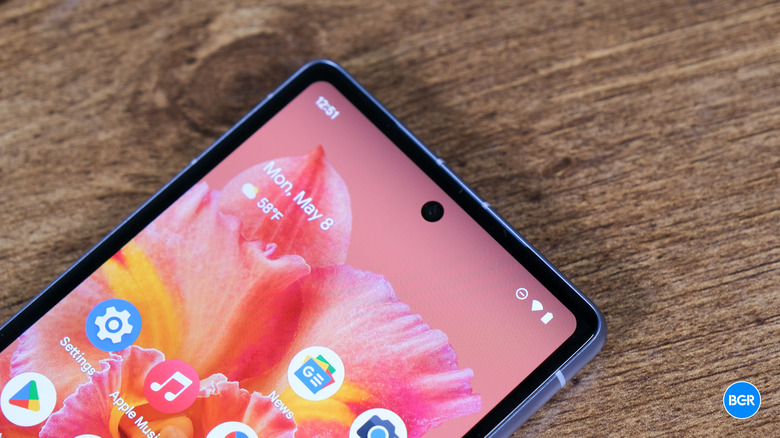Android 14 Finally Starts Rolling Out To Pixel Phones
Traditionally, Google releases its major Android update of the year during the summer. After about six months of beta testing, the latest Android version is usually ready to be deployed to Pixel devices in August or September. That's several weeks before the next-gen Pixel phones launch. But Google is doing things differently with the Android 14 release this year. The software update missed its expected summer release window. But it's rolling out on Wednesday, on the same day Google announced the Pixel 8 and Pixel 8 Pro phones.
The new Pixel 8 phones will run Android 14 out of the box, complete with several exclusive features that Google created for the new phones. I'll also point out that the Pixel 8 phones are set to receive seven years of OS updates, security updates, and feature drops. That's much better than any previous Pixel model.
That said, many of the existing Pixel phones out there are ready for the Android 14 release. The list includes the Pixel 7, 7 Pro, and 7a, the Pixel 6 and Pixel 6a, the Pixel Fold and the Pixel Tablet. In addition, older models like the Pixel 4a, Pixel 5, and Pixel 5a also support Android 14. You can update these devices as soon as Android 14 release is available in your area.
If you've been an Android 14 beta tester, you can continue to test future releases. Or you can choose to get on the stable version and forget about the beta until Android 15.
Like Apple's iOS 17 release for the iPhone, Android 14 doesn't feature any massive new software features. Google is also going for an improved Android experience, releasing tweaks to the design and features.
For example, Android 14 now offers more Lock Screen customizations, including support for additional clock designs. You can also add Lock Screen shortcuts to your screen. Changing the wallpaper, while just as easy as before, will get you a different user interface to help you customize the looks of the handset.
Other neat new additions to Android 14 include support for colorful flash notifications and a new Share sheet UI. The latter is more interesting, as it should help improve the experience of sharing content with your contacts. Share sheet supports more apps, so it should be easier to pick targets.
Android 14 should also improve user privacy, as app developers have to explain why location data is shared with any third parties. The OS will also provide a location-sharing history each month.
Finally, there's a Health Connect app in Android 14 that should help you keep track of all your health parameters and exercise sessions. This will come in handy, especially if you rock wearable devices like the Pixel Watch 2.
Android users who do not own Pixel devices will have to wait a while longer to get their own Android 14. Pixel buyers can discover all the novelties in Android 14 starting Wednesday. You'll find more information about Android 14 at this link.
